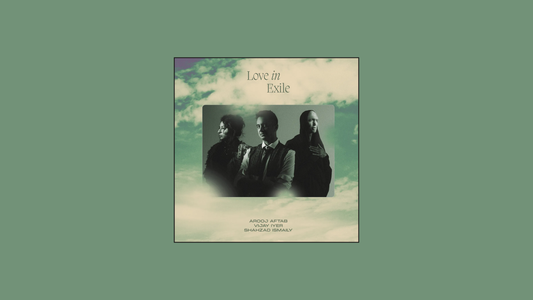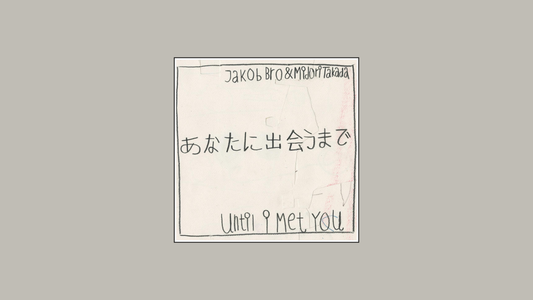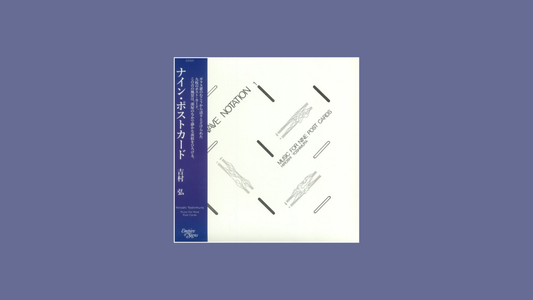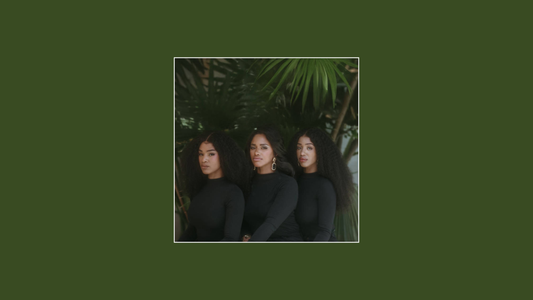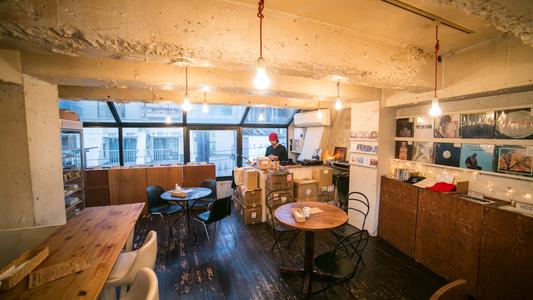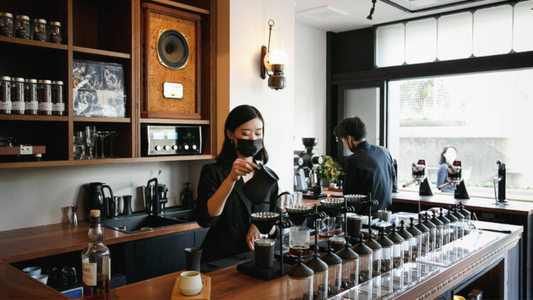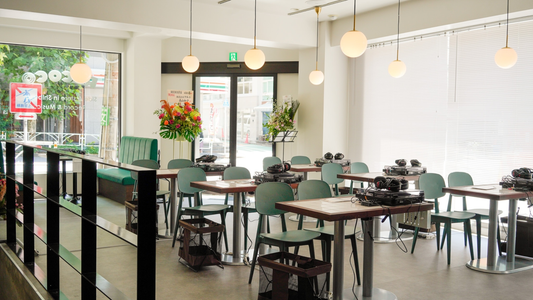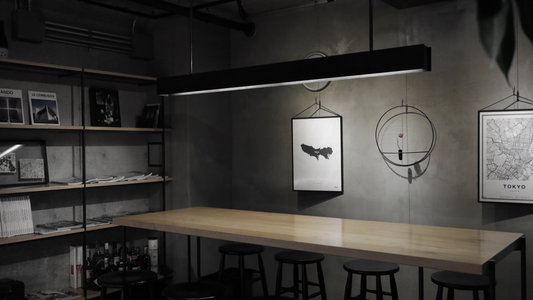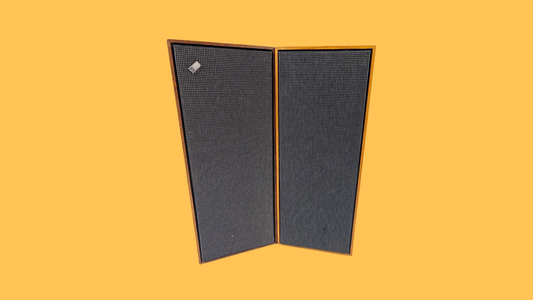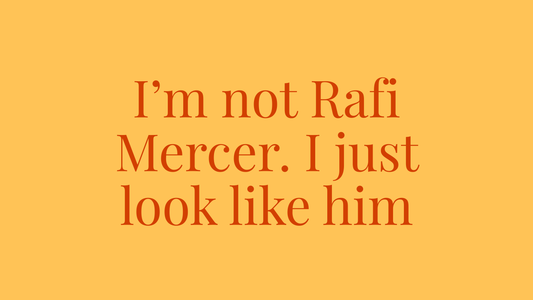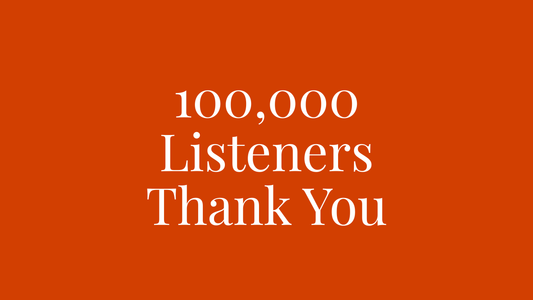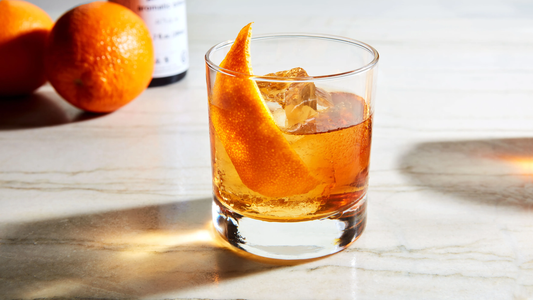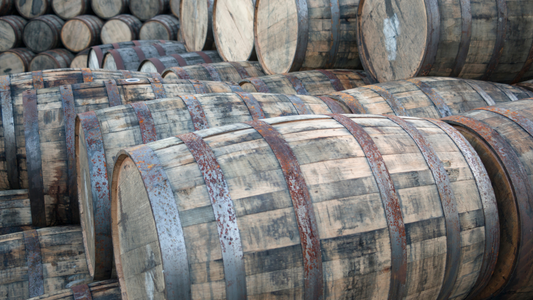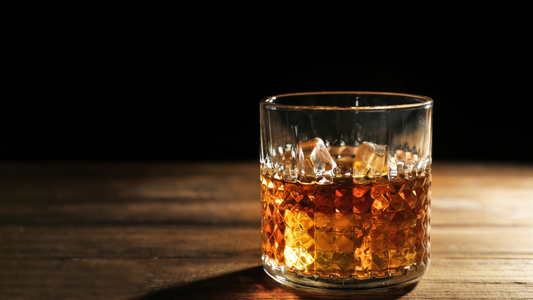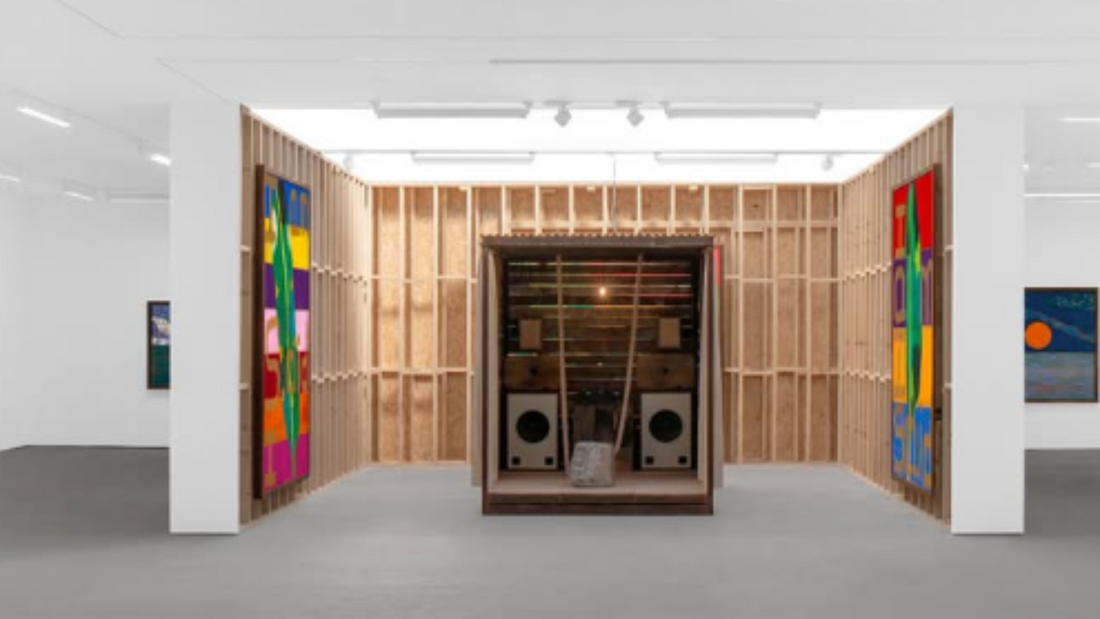
Friendly Pressure — Bespoke London Horns and the Culture of Craft
By Rafi Mercer
Not every loudspeaker is born in a factory. Some are born in workshops, in conversations, in collaborations between music lovers and makers. Friendly Pressure belongs to that rarer lineage. Founded in London by Shivas Howard-Brown, the brand builds bespoke, horn-inspired loudspeakers that feel as much cultural artefacts as pieces of equipment. They are made to order, tailored for rooms, and infused with the sensibility of someone who sees sound not as product but as community. In listening bars, Friendly Pressure systems embody that spirit — bespoke sound for bespoke nights.
Howard-Brown’s approach grew out of London’s underground culture: reggae sound systems, club nights, jazz sessions, fashion collaborations. The name itself comes from the soulful 1990s track by Jhelisa, a reminder that music is about mood as much as fidelity. Rather than chasing the corporate hi-fi market, Friendly Pressure set out to design loudspeakers that worked in real spaces — restaurants, bars, record shops — where atmosphere mattered as much as measurement.
The designs are hybrids: part horn, part modern cabinet, part modular sculpture. Often large, always distinctive, they combine wideband drivers with horn-loaded mid and high frequencies, housed in enclosures that feel handmade rather than mass-produced. Each build reflects the personality of its commissioner — a chef, a DJ, a bar owner — and the acoustic demands of the room it will inhabit.
I recall stepping into Moko, a restaurant-bar in London, where Friendly Pressure speakers flanked the dining space. Their wooden horns, finished with care, seemed to invite as much as impress. A Donny Hathaway record was spinning, and the sound had weight and warmth, but also a sense of ease — music filling the room without strain, patrons leaning into the groove without effort. It felt crafted, personal, like the space itself had been tuned to the record.
That sense of craft sets Friendly Pressure apart from the heritage giants like JBL or Tannoy. These are not industrial relics restored to glory, nor studio references transplanted into bars. They are bespoke builds, made for a moment, a place, and a community. They remind us that sound can be local, cultural, responsive — that listening bars are not only temples to global brands but also to neighbourhood makers.
Visually, they are part of the performance. Modular, often finished in wood or paint that nods to fashion and art collaborations, Friendly Pressure speakers look as though they belong in both a gallery and a club. In a bar, they become conversation pieces, anchors of identity. Patrons don’t just ask what record is playing — they ask what those speakers are.
For listening culture, Friendly Pressure is proof that the lineage of horns and high-efficiency systems is still alive, still evolving. It doesn’t need to be preserved in amber or scaled to cathedrals; it can be crafted anew, for the scale of a London dining room or a hidden bar.
In the end, Friendly Pressure speaks to a different kind of fidelity — fidelity to place, to people, to the craft of listening itself. In a world of industrial legends, these bespoke horns remind us that sound can still be handmade, still be human. And in a listening bar, that humanity is what makes a night memorable.
Rafi Mercer writes about the spaces where music matters. For more stories from Tracks & Tales, subscribe, or click here to read more.
